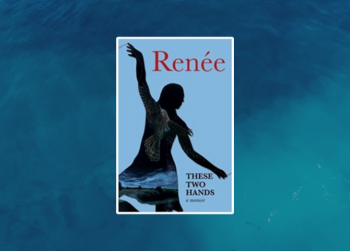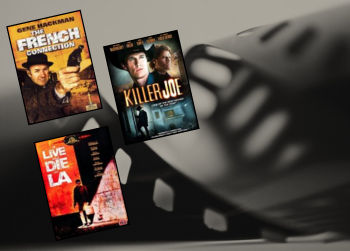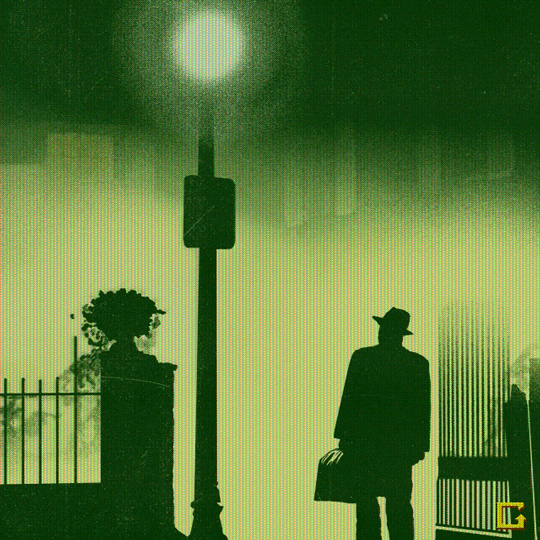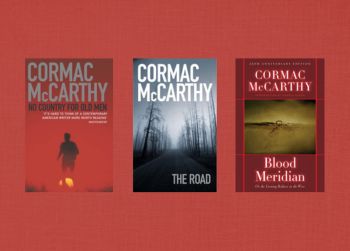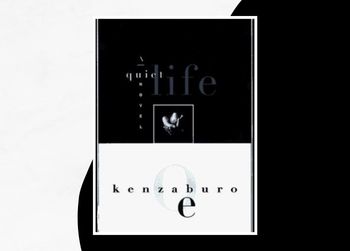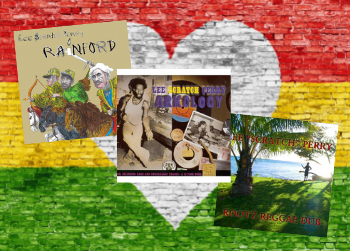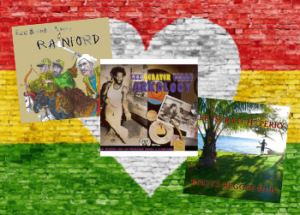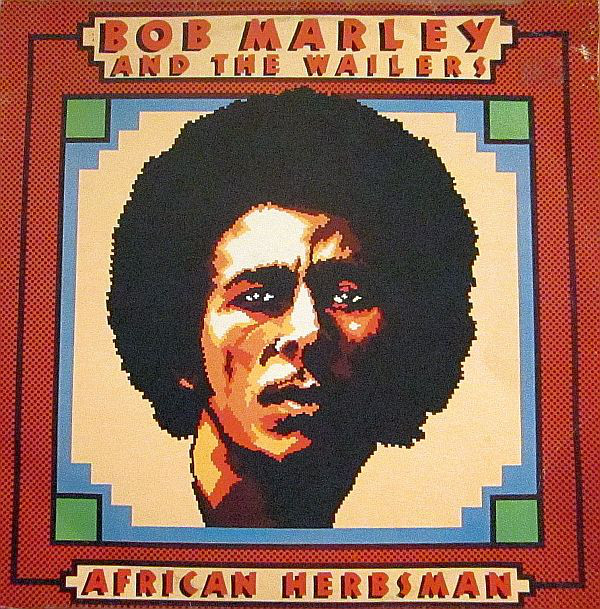The American author Cormac McCarthy passed recently. He was widely recognised as one of the finest writers of his generation. He wrote twelve novels, five screenplays, two plays, and short stories. His body of work was widely acclaimed both in his home country and internationally, with his 2006 apocalyptical novel The Road “simultaneously harrowing, bleak, powerful and humane” winning both the Pulitzer Prize and the James Tait Black Memorial Prize for Fiction. One reviewer even described it as the best book on parenting ever written! Just before his death and sixteen years after his previous novel, he released two novels, The Passenger and Stella Maris, almost back-to-back. Both are superb examples of his writing. Many of his works were adapted for the screen such as No Country for Old Men which won four Oscars. All the Pretty Horses, Child of God and The Road were also made into notable movies.
It is very difficult to pigeonhole his whole body of work, but he did write books that can in places be described as southern gothic, post-modern westerns, and sometimes with overt apocalyptical overtones. His books are superbly written using sparse attribution and punctuation and often employ graphic descriptions of violence.
He was also a member of American Philosophical Society and even wrote a paper on the nature of human unconscious and the origin of language. He kept his political opinions private, and his books can be interpreted in many ways. One hint as to his political leanings was his secret plan to reintroduce wolves into southern Arizona. He was a deeply private writer who rarely gave interviews or attended public events.
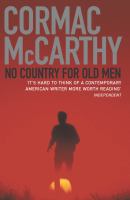 No country for old men / McCarthy, Cormac
No country for old men / McCarthy, Cormac
“A harrowing novel set in the American West, now an Academy Award winning film starring Tommy Lee Jones, Javier Bardem, and Josh Brolin.” (Adapted from Catalogue) Also available as an eBook.
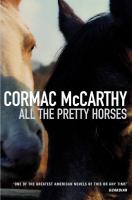 All the pretty horses / McCarthy, Cormac
All the pretty horses / McCarthy, Cormac
“John Grady Cole is the last bewildered survivor of long generations of Texas ranchers. Finding himself cut off from the only life he has ever wanted, he sets out for Mexico with his friend Lacey Rawlins. Befriending a third boy on the way, they find a country beyond their imagining: barren and beautiful, rugged yet cruelly civilized; a place where dreams are paid for in blood. “All the Pretty Horses” is an acknowledged masterpiece and a grand love story: a novel about childhood passing, along with innocence and a vanished American age. Steeped in the wisdom that comes only from loss, it is a magnificent parable of responsibility, revenge and survival.” (Adapted from Catalogue)
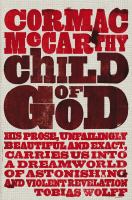 Child of God / McCarthy, Cormac
Child of God / McCarthy, Cormac
“‘McCarthy is a master stylist, perhaps without equal in American letters’ Village Voice” (Adapted from Catalogue)
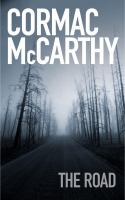 The road / McCarthy, Cormac
The road / McCarthy, Cormac
“Winner of the Pulitzer Prize for Fiction and the James Tait Black Memorial Prize for Fiction, The Road tells the story of a father and son as they journey across a post-apocalyptic landscape that has destroyed most of civilization.” (Adapted from Catalogue) Also available as an eBook.
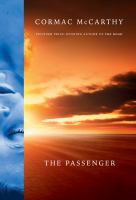 The passenger / McCarthy, Cormac
The passenger / McCarthy, Cormac
“Pass Christian, Mississippi, 1980: It is three in the morning when Bobby Western zips up the jacket of his wet suit and plunges from a Coast Guard tender into darkness. His dive light illuminates the sunken jet, nine bodies still buckled in their seats, hair floating, eyes devoid of speculation. Missing from the crash site are the pilot’s flight bag, the plane’s black box, and the tenth passenger. But how? A collateral witness to machinations that can only bring him harm, Western is shadowed in body and spirit–by men with badges; by the ghost of his father, an inventor of the bomb that melted glass and flesh in Hiroshima; and by his sister, the love and ruin of his soul.” (Adapted from Catalogue) Also available as an eBook.
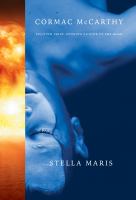 Stella Maris / McCarthy, Cormac
Stella Maris / McCarthy, Cormac
“Black River Falls, Wisconsin, 1972: Alicia Western, twenty years old, with forty thousand dollars in a plastic bag, admits herself to the hospital. A doctoral candidate in mathematics at the University of Chicago, Alicia has been diagnosed with paranoid schizophrenia, and she does not want to talk about her brother, Bobby. Instead, she contemplates the nature of madness, the human insistence on one common experience of the world; she recalls a childhood where, by the age of seven, her own grandmother feared for her; she surveys the intersection of physics and philosophy; and she introduces her cohorts, her chimeras, the hallucinations that only she can see.” (Adapted from Catalogue) Also available as an eBook.
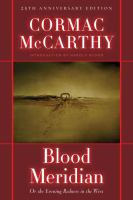 Blood meridian, or, The evening redness in the West / McCarthy, Cormac
Blood meridian, or, The evening redness in the West / McCarthy, Cormac
“Based on incidents that took place in the southwestern United States and Mexico around 1850, this novel chronicles the crimes of a band of desperados, with a particular focus on one, “the kid,” a boy of fourteen.” (Adapted from Catalogue)
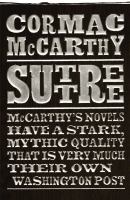 Suttree / McCarthy, Cormac
Suttree / McCarthy, Cormac
“‘Suttree contains a humour that is Faulknerian in its gentle wryness, and a freakish imaginative flair reminiscent of Flannery O’Connor’ Times Literary Supplement” (Adapted from Catalogue)


